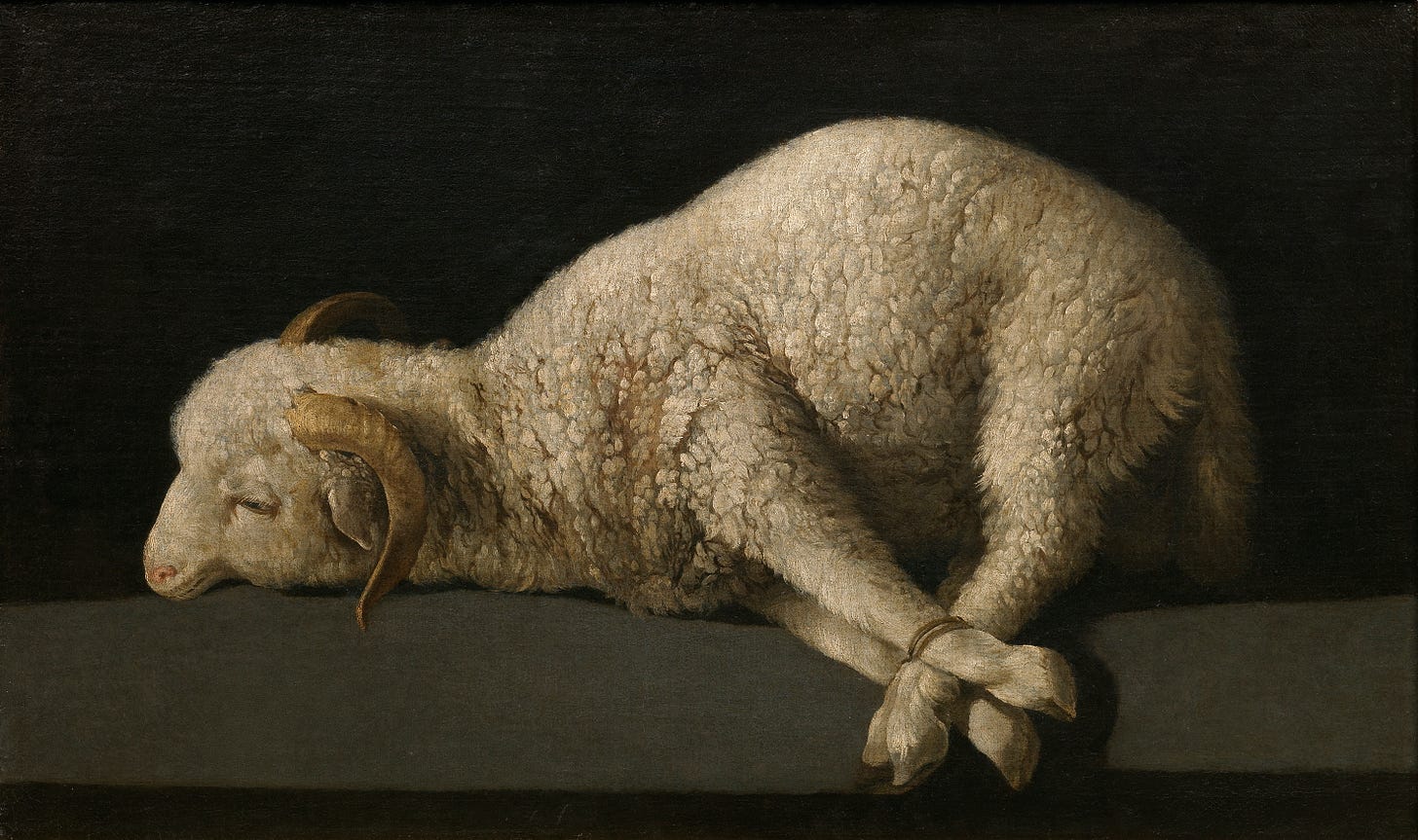
For the first time in a few years, Valentine’s Day falls on Ash Wednesday this year, and what are we supposed to read as Today’s Poem here on February 14? Any poem fit for Valentine’s Day feels frivolous for Ash Wednesday; any poem suited for Ash Wednesday seems a grim choice for Valentine’s. Most Wednesdays, here at Poems Ancient and Modern, we present some comic or light verse, but that would be worse still: “Mock love or mock God” is not a happy choice.
In the end, we settled on an ashen poem about Christ’s forty days in the wilderness by Robert Graves (1895–1985). Graves was young when he published the poem in his second collection, the 1918 Fairies and Fusiliers. He’d been through the war, become friends with the poets Siegfried Sassoon (1886–1967) and Wilfred Owen (1893–1918), and published his war verses. (In 1985, a memorial was placed in Westminster Abbey for the poets of the First World War. The long-lived Graves w…
Keep reading with a 7-day free trial
Subscribe to Poems Ancient and Modern to keep reading this post and get 7 days of free access to the full post archives.



